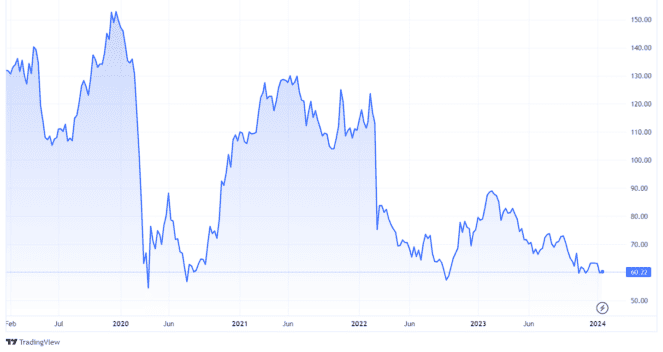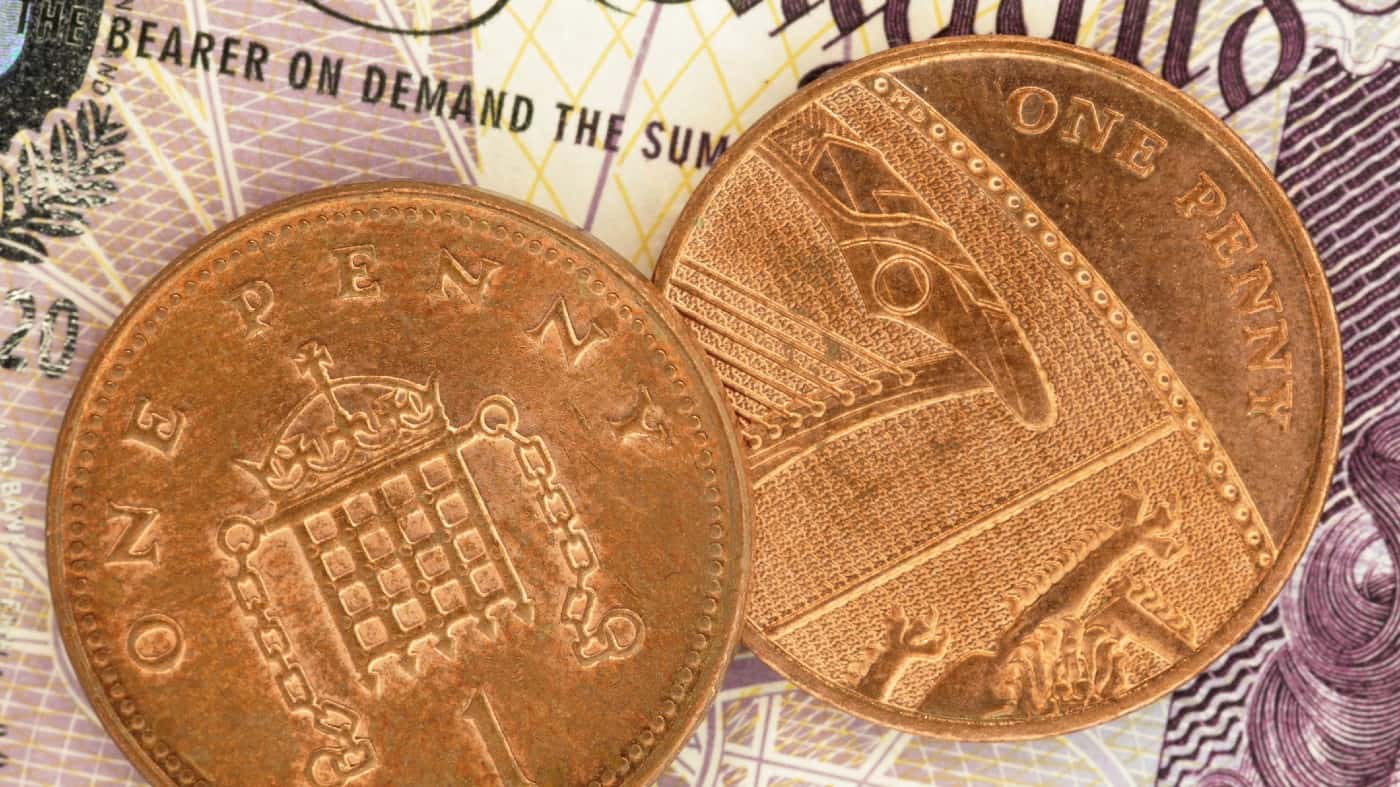Fancy becoming a millionaire? There is no shortage of people who would be happy to have a seven figure personal worth. But is it a practical goal? I think coming up with a realistic plan to aim for a million could be more likely to make it happen. My own approach to building wealth involves buying cheap shares.
If I had a spare £100 a week I could use to do that and was willing to adopt a long-term approach to investing, here is how I could aim to join the millionaire set!
Steady saving
My first move would be to get into a regular saving habit. By being disciplined about this I would hope to stay the course even when other spending priorities reared their head with or without warning.
So, I would set up a share-dealing account or Stocks and Shares ISA and start depositing my £100 into it on a weakly basis.
Finding shares to buy
At the heart of this approach is buying cheap shares.
But what is a cheap share?
Is it one that sells for pennies, like Dr Martens? Is it one that has seen a big fall in price, like the 40% decline in the Ocado share price over the past five years?
It could be – but not necessarily.
For me, a cheap share is one that sells for much less than its likely long-term value. This means that I cannot judge whether a share is cheap just by looking at its current, or indeed past, share price.
Instead, I need to look at what I regard as the likely future value of the business. I then compare that to its current valuation, as reflected in the share price (also taking into account any debt or cash on the balance sheet).
Value on sale
I would not compromise on quality.
I am not looking for shares that have been marked down in price because their businesses are in obvious decline. Instead I would try to find situations where I see a mismatch between what I think a business is worth and how it is currently valued by the stock market.
As an example, consider one of the cheap shares I added to my portfolio last year — ITV.

The broadcaster sells for pennies. Its share price has more than halved over the past five years. That reflects a number of risks investors see, from weak advertising demand to an increasingly fragmented digital media market hurting ITV’s sales while adding costs for it to compete.
But I think those risks may have been overstated. ITV now looks to me like a cheap share.
It is solidly profitable, has a well-known brand and also a sizeable production business. On top of that, the dividend yield is 8.3%.
I’d aim for a million
Imagine I built a portfolio of cheap shares that, through a combination of dividends and price growth, grew at a compounded annual rate of 12%.
That is high and certainly not guaranteed. But if I buy the right cheap shares I could benefit both from price appreciation and the fact that a lower price can mean a higher dividend yield than buying when the same shares are costlier.
Doing that, I could be a millionaire in under 30 years! All for £100 a week.








